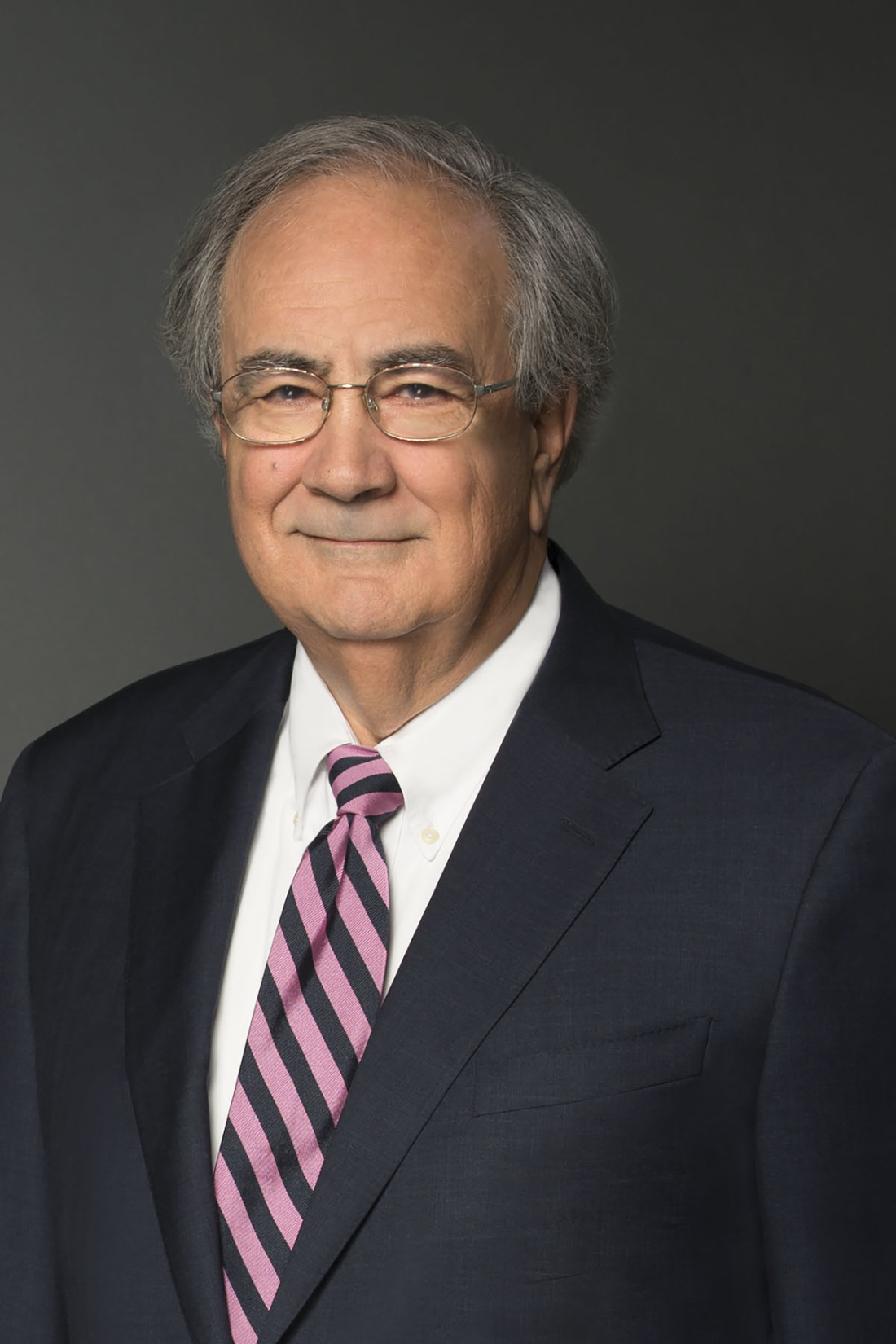Does Delaware Insist on “Controller” Accountability?
 Once again, the Delaware courts are being accused of improperly favoring management in stockholder litigation. Those accusations have periodically surfaced over at least the last 45 years, since Professor Cary’s famous (or infamous”) “race to the bottom” article in the Yale Law Journal. The recent claims of bias might be dismissed as just the rantings of disgruntled plaintiffs’ attorneys. But, there are better rebuttals to those accusations than the all-too-common name calling that seems so popular lately.
Once again, the Delaware courts are being accused of improperly favoring management in stockholder litigation. Those accusations have periodically surfaced over at least the last 45 years, since Professor Cary’s famous (or infamous”) “race to the bottom” article in the Yale Law Journal. The recent claims of bias might be dismissed as just the rantings of disgruntled plaintiffs’ attorneys. But, there are better rebuttals to those accusations than the all-too-common name calling that seems so popular lately.
Here is just one reason why the Delaware courts continue to fulfill their role of monitoring the management of Delaware corporations. In a series of recent decisions, the Court of Chancery has held that even a less-than-50% stockholder may be deemed to control a corporation. As a result, such a “controller” must prove any self-dealing transaction is entirely fair to the company. This exacting standard of review by the court involves just the kind of close scrutiny the critics of Delaware argue is appropriate to protect stockholders.
Some of these recent “controller” decisions involve well-known corporate leaders whose outsize personalities readily explain why they were deemed to control a Delaware corporation. For example, In re Tesla Motors Inc. Stockholder Litigation, C.A. No. 12711-VCS (Del. Ch. Mar. 28, 2018) held that Elon Musk controlled Tesla even though he held but 22% of its stock. Similarly, In re Oracle Corporation Derivative Litigation, C.A. No. 2017-0337-SG (Del. Ch. Mar. 19, 2018) found Larry Ellison controlled Oracle despite owning less than 50% of its stock. There are other decisions over the years that reach the same conclusion that a minority stockholder was a “controller.”
Most importantly, these decisions are not limited to the unusual, high profile personality. A recent decision that illustrates this point, In re Hansen Medical Inc. Stockholders Litigation, C.A. 12316-VCMR (Del. Ch. June 18, 2018), denied a motion to dismiss because the Court found that the complaint alleged sufficient facts to support its claim two minority stockholders of Hansen Medical controlled the transaction under stockholder attack and thus were subject to a fiduciary duty to be “entirely fair” to the other stockholders. Yet, neither of the “Controller Defendants” had the dominating role in Hansen Medical that Musk or Ellison had in their companies. Thus, the lesson of Hansen is that “controller” status may exist for even a less-than-charismatic minority stockholder.
Several facts were keys to the Hansen decision. To begin with, however, it is worth noting what Hansen did not involve. The Controller Defendants did not have any agreement, oral or written, that they would act together to exercise their combined voting power. They did not portray themselves, in S.E.C. filings or otherwise, as “controllers.” Nor did the Hansen Medical management confess to being beholding to the Controller Defendants.
Instead, Hansen did involve: (1) a twenty year history of the Controller Defendants working together in their investments, (2) a series of prior transactions involving Hansen Medical where the Controller Defendants received special treatment not available to other stockholders, (3) the need of Hansen Medical for the Controller Defendants indirectly to fund the contested transactions that it needed to survive, (4) the direct involvement of at least one of the Controller Defendants in negotiating the challenged transaction and (5) a transaction that also conferred a special benefit on the Controller Defendants that other stockholders did not receive.
What then may significant, but not majority stockholders do to avoid being held “controllers” in a transaction? After all, the Controlled Defendants could not erase their twenty year history of working together. Here are a few suggestions.
First, the more involved a significant stockholder is in the actual negotiations of a transaction that will benefit him, the more likely that he will be viewed as controlling the result to some degree. Therefore, such a significant stockholder should stay out of the negotiations as much as possible. Second, even small special benefits given to a significant stockholder will make it appear he has undue influence over a board or management. Avoid being a preferred investor in any financings, for example. If you will receive a special benefit in a transaction, document that benefit is necessary for the other stockholders to also benefit from the transaction. In other words, you did the deal so others could benefit, not because it was especially good for you.
Finally, it is also important to note that the Court of Chancery continues to insist upon full and fair disclosures to stockholders before their approval will insulate a transaction from judicial review. Those disclosure decisions and the willingness to hold accountable even minority stockholders who control a corporate decision show that the Delaware courts continue their role as monitors of management behavior. Of course, that role is limited to the appropriate circumstances, but that is as it should be.
Share

